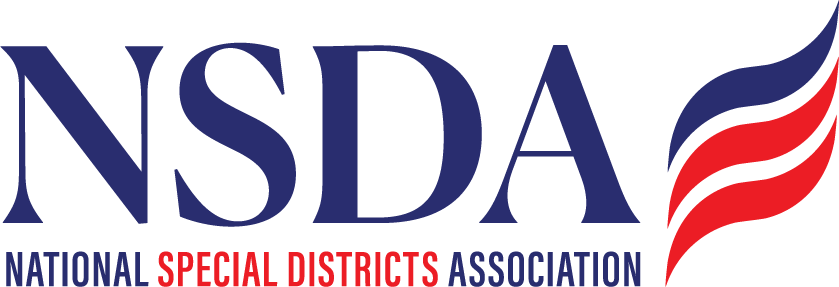NSDC Supports Legislation to Invest in Forest Resiliency, Wildfire Mitigation Programs
July 15, 2021
The National Special Districts Coalition on Thursday sent letters to key House and Senate committees in support of the Wildfire Emergency Act, advocating for its passage and inclusion in the impending infrastructure package as a resiliency measure.
Introduced as S. 1855 by Senator Dianne Feinstein, D-Calif., and H.R. 3534 by Congressman Jimmy Panetta, D-Calif., the bills aim to reduce catastrophic wildfire and threats to vulnerable communities using ecologically sound processes through cooperative agreements, research and investment for land management and stewardship, and workforce programs. Many NSDC member associations and the special districts they represent have experienced in recent years a range of direct and indirect impacts of the increasingly intense wildfires across the country.
“Many [special districts] serve populations in high fire risk areas located adjacent to federal lands,” the Coalition letter reads. “They have been no stranger to the catastrophic impacts of worsening wildland fires in recent years.”
Key provisions of the legislation for special districts include access to resources for wildland fire-prone regions. The Wildfire Emergency Act would authorize $250 million through Fiscal Year 2026 to provide a federal cost share of 20 cooperative conservation finance agreements, which would be forged between federal and non-federal partners (facilitating investments from state and local governments, non-profits, and private organizations) to restore federal forests and communities adjacent to them. It would also authorize the establishment of forestry and firefighting workforce development programs. Additionally, $50 million would be authorized through Fiscal Year 2026 for land stewardship grants, specifically outlining special districts as eligible, to reduce wildfire risks and enhance ecological restoration efforts.
Special districts in susceptible areas routinely implement mitigation practices to assist with fire prevention efforts. As such, the Coalition highlights their work in the letters to House and Senate committees while also recognizing the devastating effects wildfires have had on special districts and the communities they serve.
“Special districts have been on the front line of fire response and rescue, involved in both mitigation and recovery efforts, and have also been impacted downstream due to fire impacts on watershed quality,” the Coalition writes. “Furthermore, catastrophic wildfires devastating communities in the wildland-urban interface in recent years have had major implications on special districts’ ability to provide for their communities – especially after damages to critical infrastructure and loss of fee-for-service and property tax revenue bases.”
Leadership from the seven National Special Districts Coalition member associations co-signed the letters, which were transmitted to Capitol Hill on July 15. Access all six committee leadership letters here. Individual special districts interested in sending their own letters to their U.S. senators and representatives may utilize this template letter.
